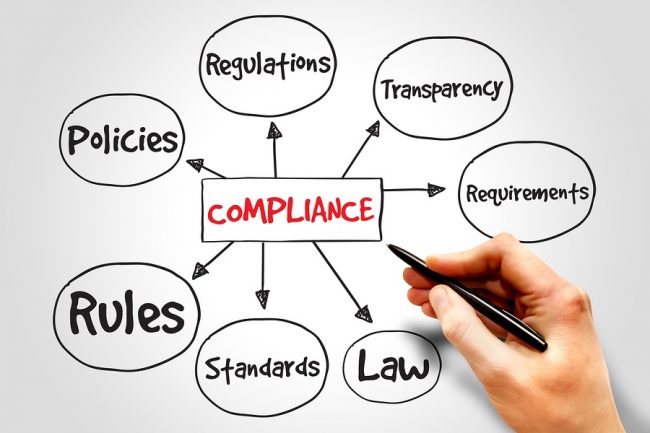Auditor versus Compliance Officer: What’s The Difference?
The difference between the auditor and compliance officer within organisations is not always clear. There are definitely similarities and the two have common characteristics with some overlap so it is reasonable to confuse the two as almost merging into one another. They must work together in many cases but there are distinct differences. Distinct and…








